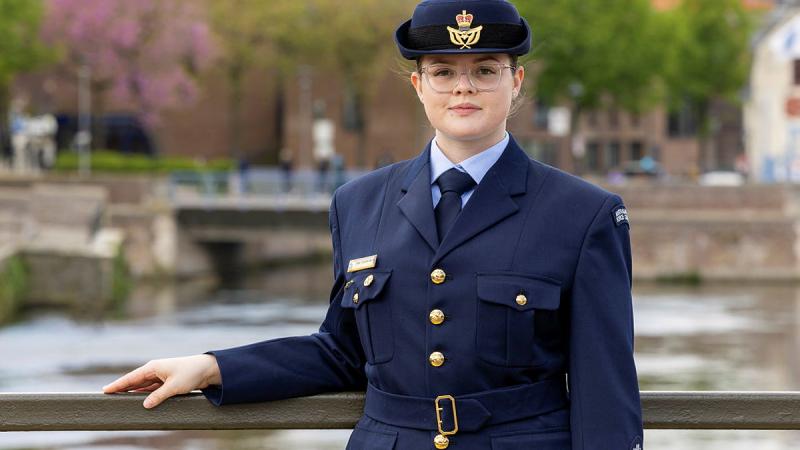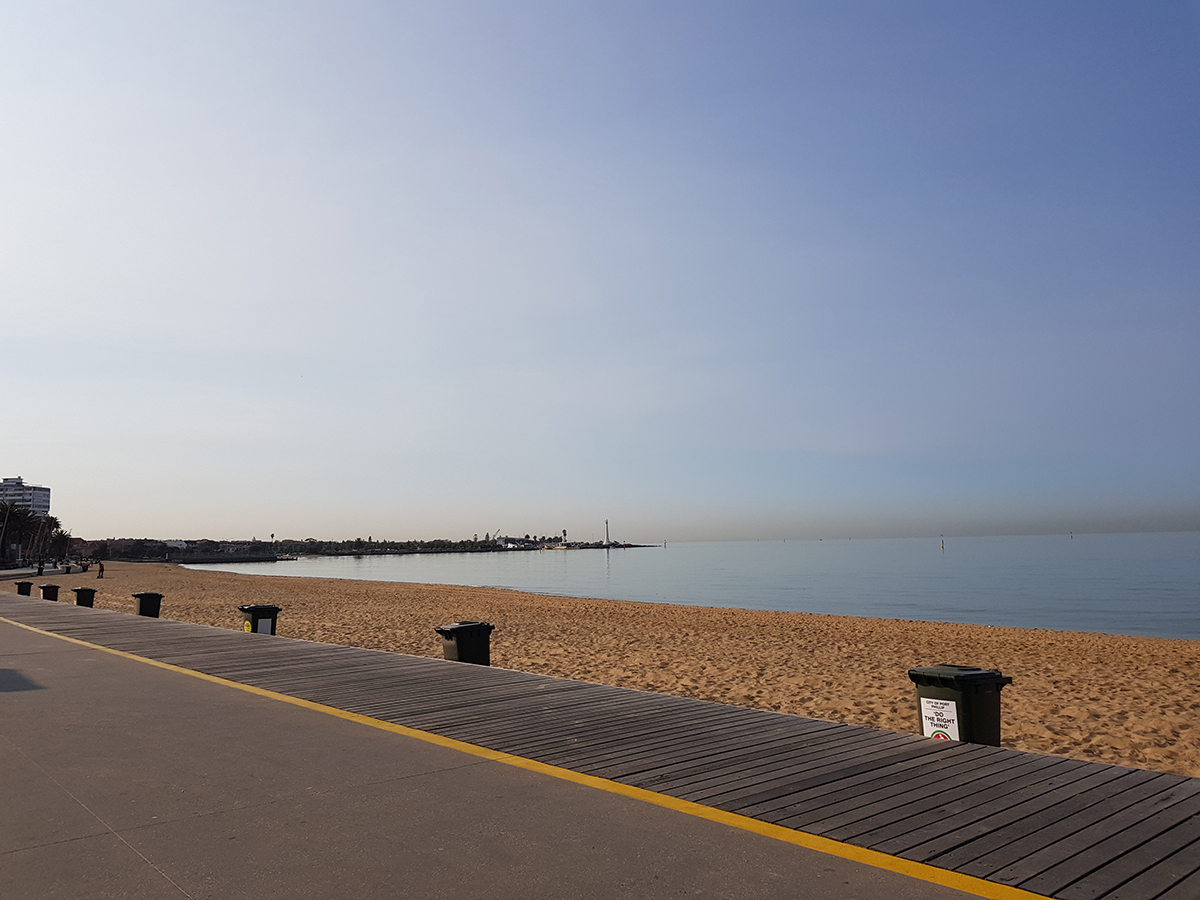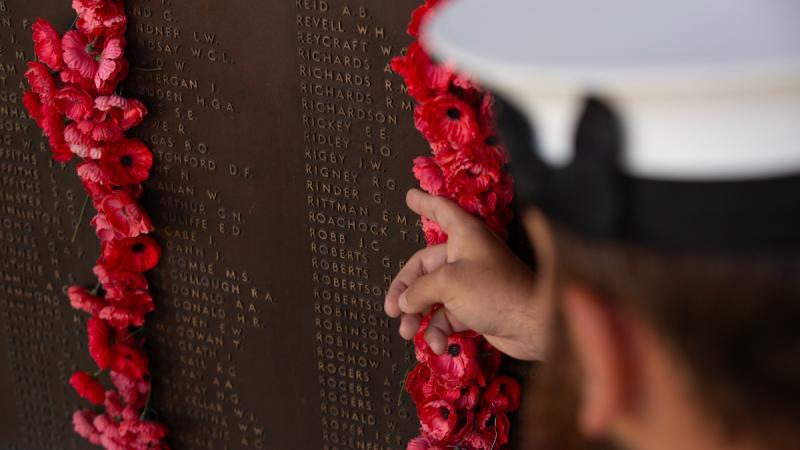Researchers at the QIMR Berghofer Medical Research Institute in Brisbane have launched a clinical trial of a new cellular immunotherapy treatment.
The potential treatment is aimed at preventing side effects for sick children who undergo stem cell transplants.
The institute said the trial will involve up to 20 children aged between three months and 18 years who need stem cell transplants from a family member to treat blood cancers or genetic immune deficiencies.
The immunotherapies will be manufactured at the institute and administered at participating clinical trial sites at the Queensland Children’s Hospital, The Children’s Hospital at Westmead, Sydney Children’s Hospital and the Royal Children’s Hospital in Melbourne.
The head of QIMR Berghofer’s Centre for Immunotherapy and Vaccine Development, Professor Rajiv Khanna AO, said the potential therapy was made by “turbo-charging” immune cells taken from the same person who donated their stem cells for the child’s transplant.
“Before patients receive a stem cell transplant, certain immune cells – like killer T cells and B cells – are removed from the donor’s cells. This lowers the risk of potentially fatal complications like graft-versus-host disease, where the donor’s immune cells attack the recipient’s tissues,” said Professor Khanna.
“But this necessary step of removing immune cells from the stem cells leaves transplant patients at high risk of developing viral infections. Up to 60 per cent of stem cell transplant patients have clinical complications with one or more viruses because they don’t have the disease-fighting T cells and B cells to control infection.
“By taking white blood cells from the same donor and training them in the laboratory to recognise and destroy cells infected with the four most common viruses that affect these patients, we hope to effectively prevent complications arising.”
In the first stage of the trial, the donor’s blood is collected ahead of the stem-cell transplant and ‘turbo-charged’ at the institute’s cell therapy manufacturing facility (Q-Gen Cell Therapeutics).
The child then receives their stem cell transplant. Once it has engrafted, the child will start receiving fortnightly T cell immunotherapy infusions aimed at boosting their immune system before they show any signs of viral complications.
Paediatric oncologist and director of the Blood and Marrow Transplant Program at Queensland Children’s Hospital, Dr Chris Fraser, said the timing of the immunotherapy was important because viral complications could occur as early as a month post-transplant.
“We want to continue to boost the patient’s immune system every fortnight so they’re protected against cytomegalovirus, Epstein-Barr virus, BK virus and adenovirus, and their stem cell transplant can work effectively to kill off their blood cancer or correct their immune deficiency,” said Professor Fraser.
“The immunotherapy will continue for approximately two months, after which we will follow these patients for eight months or more to confirm the therapy is safe.
“Stem cell transplants for blood cancers or inherited immune deficiencies are high-risk procedures that are required to cure otherwise life-threatening diseases. Our aim is to see if this new therapy can be safely used in these vulnerable children, and in the future we hope that T cell immunotherapy may be used to reduce the risk of potentially fatal viral infections after transplantation.”








